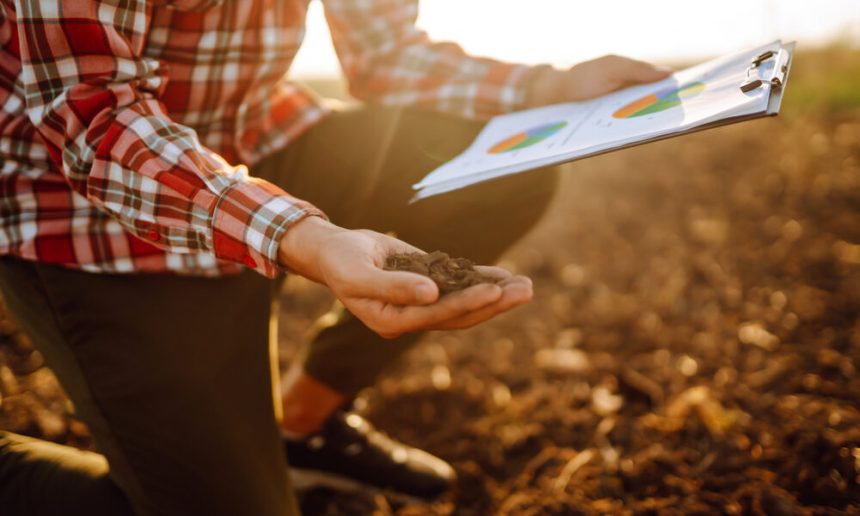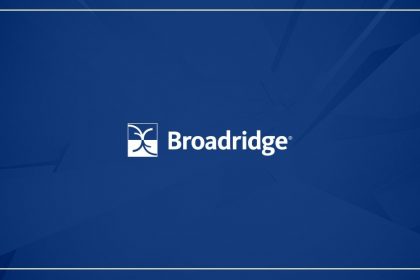Every human on this planet depends on agriculture for survival. Most of us – especially if you read this online – live in cities or suburbs and rarely think about the global farming industry or the food supply chains that support our daily existence. As the world population increases, agricultural land area decreases, climate change impacts food production and the efficiency of food production impacts our food security.
New advances in Agtech are transforming food production by innovating greater flexibility and resilience in farming. One of the key supports of agriculture is fertilizers – those vital nutrients that improve crop health and yields. New technologies are revitalizing the massive global fertilizer industry, improving results at field level, and profitability across the entire food supply spectrum, and creating exciting opportunities for investors.
In this article, I will highlight some of the new plant nutrient (fertilizer) technologies and products, plus a company that I’ve identified as one of the leading pioneers of advanced (and environmentally friendly) fertilizer technologies.
A Quick Investors Guide to Fertilizer
Before I started researching Agtech investment opportunities, my knowledge of crop nutrition was limited to buying a bag of fertilizer for my lawn. Generally speaking, the average investor or person, doesn’t know much about fertilizers.
So here’s a very quick rundown: basically fertilizers are substances that supply essential nutrients to plants, helping them grow and improving the health, yield, size, and quality of the harvest. Plants need the right combinations of minerals such as potassium, nitrogen, phosphorus, etc. to thrive. Our ancestors figured out the nutritional benefits of adding manure and compost to their fields, and in the Industrial Revolution, we moved on to mass produced synthetic fertilizers.
Today, we are in a new agricultural revolution and recent innovations such as precision application technologies and controlled-release fertilizers (CRFs) are taking the guesswork out of crop nutrition. There are considerable environmental benefits (and business opportunities) as farmers and agronomists switch to precision agriculture and focus on sustainability.
Controlled-Release Fertilizers
Inefficiencies are one of the problems with the application of traditional fertilizers, not only do farmers fail to maximize crop nutrition, but there are serious issues with fertilizer runoff polluting watercourses and damaging crops from salt stress or over-fertilization (fertilizer burn).
Controlle-release fertilizers (CRFs) are designed to be more efficient than traditional fertilizers, typically needing fewer applications—sometimes only one—since they gradually release nutrients over time. Typically, they are granular and coated with a polymer to release nutrients at a controlled rate during the crop’s growth cycle.
In practical terms, if growers apply fertilizers less frequently – growers do less work and potentially cut their operating costs while achieving uniform growth with higher yields. Furthermore, farmers gain added protection from crop and environmental damage due to overapplication.
Fertigation: Precision Liquid Fertilizers
When irrigating crops there is the opportunity to add water-soluble fertilizers to the piped irrigation water; a process known as fertigation. This method is especially relevant for fruit trees, orchards, greenhouses, some cash crops, and urban or indoor farming.
Fertigation allows a high level of precision and agronomists can devise tailored nutritional solutions for every stage of a crop’s development. One of the big advantages of fertigation is that it ensures an even distribution of nutrients – and therefore uniform growth. The addition of nutrients to irrigation water is perfectly balanced, preventing any pollution or waste.
Fertigation works together with new information technologies like the Internet of Things and big data that allow farmers to monitor the moisture and nutrient content of soil with smart sensors. They can also use digital platforms and apps to choose the right fertilizer for their crop and soil type.
Foliar Fertilizers – A New Level of Sophistication
The concept of foliar fertilizers is a combination of simplicity and genius. Foliar fertilizers are liquids that are sprayed directly onto plants. The crops absorb the vital nutrients through their stomata (openings on their leaves). Foliar fertilizers are usually incorporated into a wider crop nutritional plan and can provide vital nutritional boosts during extremes of heat or cold when plant root systems are underperforming or there are issues with soil nutrition or competition from weeds.
New technologies like drones and robots are making crop spraying far more efficient and cost-effective, opening the door to greater use of foliar fertilizers. They are also versatile enough to allow hand spraying by agricultural laborers. Foliar fertilizers may provide the ability to reclaim marginal lands with high soil PH levels or to reverse desertification.
ICL – A Fascinating Case Study
ICL Group is a leading global specialty minerals company and one of the largest fertilizer manufacturers in the world. The company is an engaging case study for any investor who wants to learn more about the global fertilizer industry, especially the application of the latest technologies to crop nutritional solutions.
I recommend researching ICL because they’re an industry leader – with some of the world’s most advanced R&D and startup partnerships – and are one of the few companies that understand the importance of sustainability and environmental protection.
ICL’s fertilizers cover almost the entire spectrum of crop nutrition and industrial agriculture, supported by vast mineral reserves and groundbreaking innovations.
One of the most advanced controlled-release fertilizers (CRFs) on the market is ICL’s Agrocote Max which can deliver up to 12 months of controlled nutrient release from a one-time application, their CRF technology can work with any blend of fertilizer. Other products like Agroleaf (a foliar fertilizer) boost plant growth during critical phases of the growing cycle and increase the yields of cereal crops
Very few companies can match ICL when it comes to managing their own circular economies and implementing strategies for sustainability, like Puraloop, which transforms waste products into high-quality phosphate fertilizers. If you want to grow any crop – anywhere on this planet – ICL can most likely provide an effective nutritional solution, ICL can formulate tailored blends according to growers’ exact data-derived requirements.
As a whole, the fertilizer industry offers some compelling investment opportunities. If you’re interested in adding fertilizer stocks to your portfolio, I’d start with some more research. Check out ICL Group and some of the other majors like Wesfarmers, Nutrien, Intrepid Potash, or The Mosaic Company, to gain a deeper insight into the sector, and then begin some in-depth technical analysis.
Agtech businesses are just as exciting as their better-known high-tech counterparts – yet foodwise – fertilizers are arguably far more important. Fertilizer solutions are at the cutting edge of Agtech and major fertilizer stocks have the potential to create attractive investment opportunities over the coming years.








